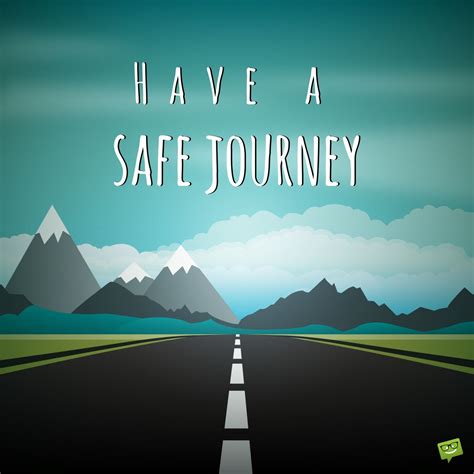Safe Travel Tips

Introduction to Safe Travel
When planning a trip, whether it’s a short weekend getaway or a long, international vacation, safety should always be a top priority. Staying informed and being prepared are key to ensuring a safe and enjoyable travel experience. In this article, we will explore various safe travel tips that can help minimize risks and make your journey smoother.
Research and Planning
Before embarking on your trip, it’s essential to research your destination thoroughly. Look into the local customs, laws, and potential hazards of the area you’re visiting. Understanding the local culture and being respectful of it can go a long way in ensuring a safe and pleasant experience. Additionally, check the official government website for travel advisories and warnings. This information can help you make informed decisions about your travel plans.
Packing Wisely
Packing the right items can make a significant difference in your travel experience. Here are some essentials to consider: - Travel documents: Ensure your passport is valid for at least six months beyond your return date. Make digital copies of your passport, visa, and travel insurance documents. - First aid kit: A basic first aid kit should include items like band-aids, antiseptic wipes, pain relievers, and any medications you may need. - Safety items: Consider packing a money belt, a portable charger for your phone, and a small flashlight. - Clothing: Pack clothing that is appropriate for the local culture and the activities you have planned.
Health and Safety
Maintaining your health and safety while traveling involves several considerations: - Vaccinations: Check with your healthcare provider to see if any vaccinations are recommended for your destination. - Stay hydrated: Drink plenty of water, especially when traveling to hot or high-altitude destinations. - Be mindful of local water and food: In some areas, it’s advisable to drink bottled water and eat food from reputable sources to avoid getting sick. - Protect yourself from the sun: Use sunscreen, wear a hat, and seek shade when the sun is strong.
Financial Safety
Managing your finances wisely while traveling can help prevent unnecessary stress. Here are some tips: - Notify your bank: Let your bank know your travel plans so they don’t flag your transactions as suspicious. - Use secure ATMs: When withdrawing money, use ATMs located in secure, well-lit areas. - Keep your valuables safe: Use a hotel safe or a secure bag to store your important documents and valuables.
Staying Connected
Staying in touch with family and friends back home can provide an added layer of safety. Consider purchasing a local SIM card or a portable Wi-Fi hotspot. This can help you stay connected in case of an emergency. Additionally, leave a copy of your itinerary with someone you trust.
Emergency Preparedness
Being prepared for emergencies can make a significant difference. Here are some steps to take: - Know the local emergency numbers: Find out what numbers to call in case of an emergency. - Have a plan: Discuss with your travel companions what to do in case you get separated or if there’s an emergency. - Stay informed: Keep an eye on local news and weather forecasts to be aware of any potential dangers.
| Item | Description |
|---|---|
| Travel Insurance | Consider purchasing travel insurance that covers medical, trip cancellations, and delays. |
| Emergency Fund | Have some extra money set aside in case of unexpected expenses. |
| Local Contacts | Have the contact information of your embassy and local authorities handy. |
📝 Note: Always prioritize your safety above all else. If a situation feels unsafe, trust your instincts and remove yourself from it.
As you prepare for your trip, remember that safety is an ongoing process. From research and planning to staying informed and being prepared for emergencies, every step counts. By following these safe travel tips, you can significantly reduce the risks associated with traveling and focus on enjoying your journey.
In the end, the key to safe travel is a combination of preparation, awareness, and flexibility. By understanding the potential risks and taking steps to mitigate them, you can have a safer and more enjoyable travel experience. Whether you’re a seasoned traveler or embarking on your first trip, prioritizing safety will allow you to explore the world with confidence.
What are the most important documents to carry while traveling?
+
The most important documents to carry while traveling include your passport, visa (if required), travel insurance documents, and photocopies of your identification and health insurance card.
How can I stay safe in crowded areas or tourist spots?
+
To stay safe in crowded areas or tourist spots, be aware of your surroundings, keep a close eye on your belongings, and avoid carrying large amounts of cash. Additionally, stay in well-lit and populated areas, especially at night.
What should I do in case of a medical emergency while traveling?
+
In case of a medical emergency while traveling, contact your travel insurance provider for assistance. They can help you find a local hospital or medical facility. Additionally, carry a list of emergency contact numbers, including your embassy’s contact information.